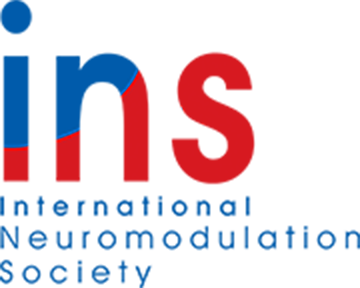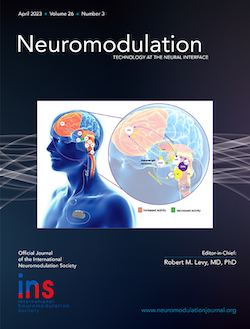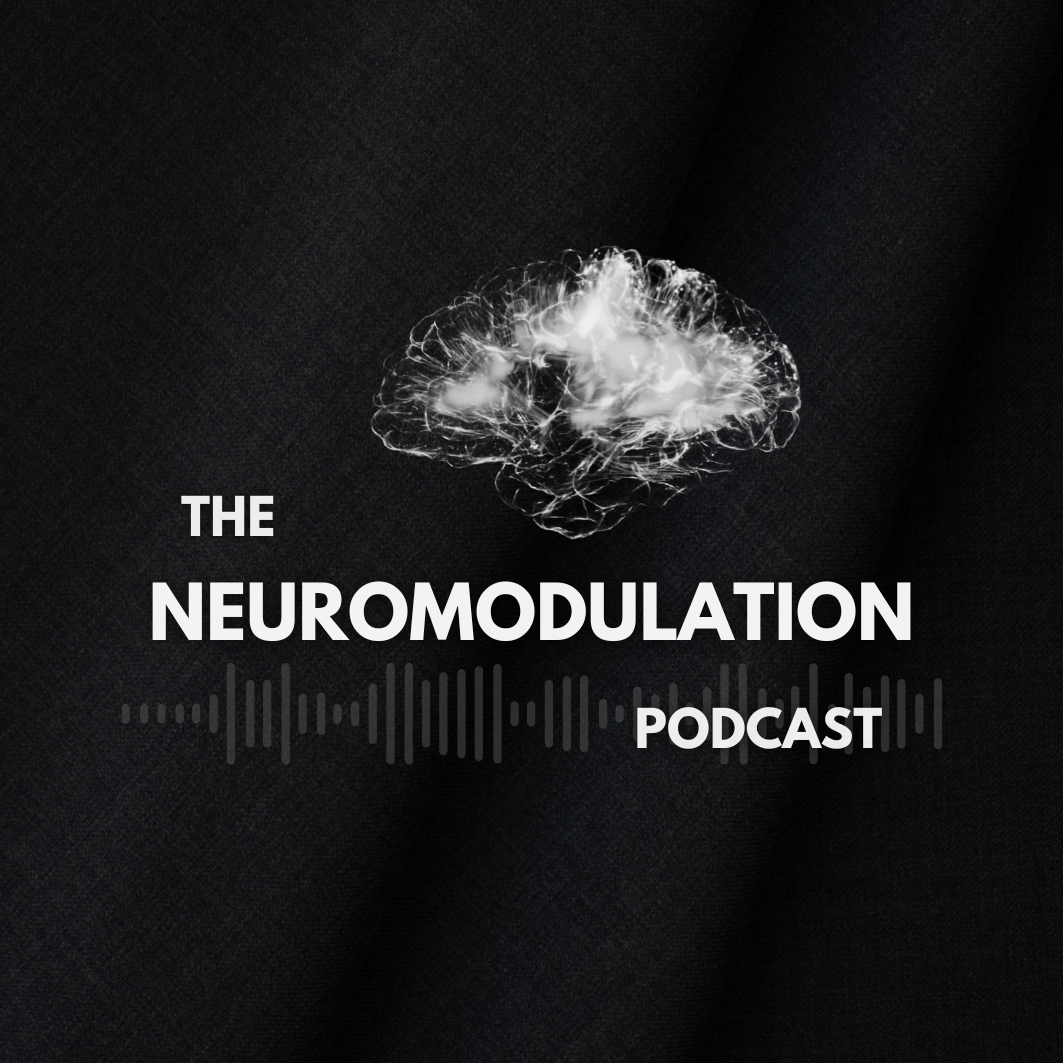The International Neuromodulation SocietyThe Fastest-Growing, Worldwide Multidisciplinary Body Devoted to Building Knowledge of NeuromodulationThe International Neuromodulation Society (INS) is a non-profit group of clinicians, scientists and engineers dedicated to the scientific development and awareness of neuromodulation – the alteration of nerve activity through targeted delivery of a stimulus, such as electrical stimulation or chemical agents, to specific neurological sites in the body. The San Francisco-based INS was formed in 1989 and educates and promotes the field through meetings, its peer-reviewed journal Neuromodulation: Technology at the Neural Interface, mentorship, and chapter websites. The INS also provides information for patients and produces rolling news briefs about this rapidly evolving field. Donate TodayThe INS Peer-Reviewed JournalThe INS journal Neuromodulation: Technology at the Neural Interface has a growing Impact Factor and is indexed in Index Medicus, MEDLINE and Pubmed from its first issue in 1998. Members may log in to the members-only section to read the journal online. The journal also has social media accounts on Twitter, Facebook, and Instagram.
The Neuromodulation Podcast has been developed for our membership to dive into the forefront of today's emerging neuromodulation techniques, insights, and ethical and clinical applications. Join the multidisciplinary collaboration of medical care providers, scientists, and engineers who are part of the global conversation that's shaping the future of healthcare. Subscribe now wherever you get your podcasts. What is Neuromodulation?Medical Professionals can learn about various considerations concerning neuromodulation and clinic contacts. Once your preliminary questions have been answered, please use the Contact Us facility to find out more and to discuss specific objectives. Others may simply wish to join the INS and one of its related chapter societies, please use the Membership Application. Clinical trials that involve a wide range of emerging neuromodulation approaches are listed on our Research page. Neuromodulation clinical trials address symptom control through nerve stimulation in such condition categories as:
Breaking NewsSpinal Cord Stimulation May Prevent Excess Mortality Linked to Chronic Pain October 27, 2025 - A new study published in Neurosurgery found that patients with chronic neuropathic pain who continued spinal cord stimulation (SCS) treatment did not experience the higher mortality rates typically associated with chronic pain. The ten-year study of 330 patients from the University of Eastern Finland and Kuopio University Hospital showed that those who discontinued or did not respond to SCS had increased mortality, suggesting that effective pain management through SCS could help reduce excess mortality rates linked to chronic pain. (Source: News-Medical Life Sciences) Neuromodulation Advances Offer Hope for Treatment-Resistant OCD October 29, 2025 - A review led by researchers from Lausanne University Hospital and Paris-Est Créteil University highlights that neuromodulation techniques, including transcranial direct current stimulation (tDCS), repetitive transcranial magnetic stimulation (rTMS), and deep brain stimulation (DBS) are promising options for patients with obsessive-compulsive disorder who do not respond to conventional therapy. (Source: NR Times) Combined Brain Stimulation and Robotic Training Boosts Motor Recovery After Stroke October 29, 2025 - A randomized clinical study from found that combining anodal transcranial direct current stimulation (tDCS) with robot-assisted gait training (RAGT) improved lower limb motor function in stroke patients compared to RAGT alone. Using functional near-infrared spectroscopy, researchers observed enhanced connectivity between key motor regions, suggesting that this dual approach aids movement recovery and may also strengthen brain network communication. (Source: Journal of NeuroEngineering and Rehabilitation) First U.S. Parkinson’s Patient Treated With Recently FDA-Approved Focused Ultrasound Treatment October 29, 2025 - Oregon Health & Science University has performed the first U.S. treatment of Parkinson’s disease using high-frequency focused ultrasound (HIFU) outside a clinical trial, following FDA approval of the technology. According to clinicians, the treatment offers a promising alternative for individuals who are not candidates for deep brain stimulation surgery. (Source: Medical Xpress) Heart Rate Response Predicts Depression Treatment Success with Magnetic Stimulation October 14, 2025 - Researchers at the University Medical Center Göttingen found that patients with major depression whose heart rates slowed within 45 seconds of starting magnetic brain stimulation showed significantly greater symptom improvement after six weeks. The study suggests heart rate deceleration may serve as a real-time physiological marker of effective brain engagement. The findings also showed that advanced MRI-based targeting provided no added benefit over standard stimulation methods. (Source: News-Medical Life Sciences) To see select neuromodulation news by category, as well as news about the INS in particular, please visit the Newsroom. To see archived news briefs dating back to January 2011, visit the News Archive. Continue Reading News Briefs |


